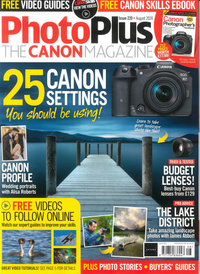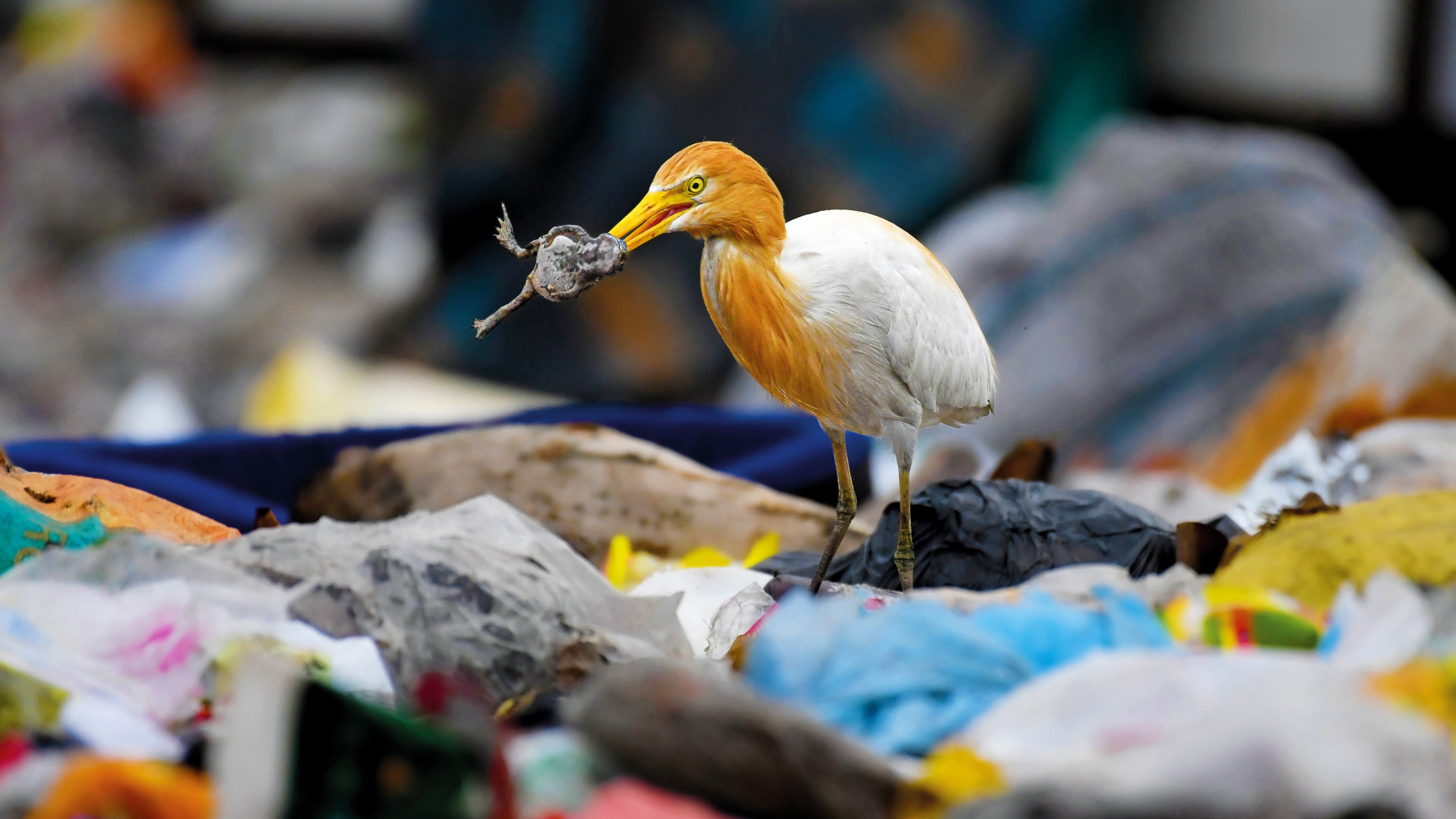Interview: How portrait pro Kelsey deals with haters, becoming a Canon Ambassador and how to take the ultimate self portrait!
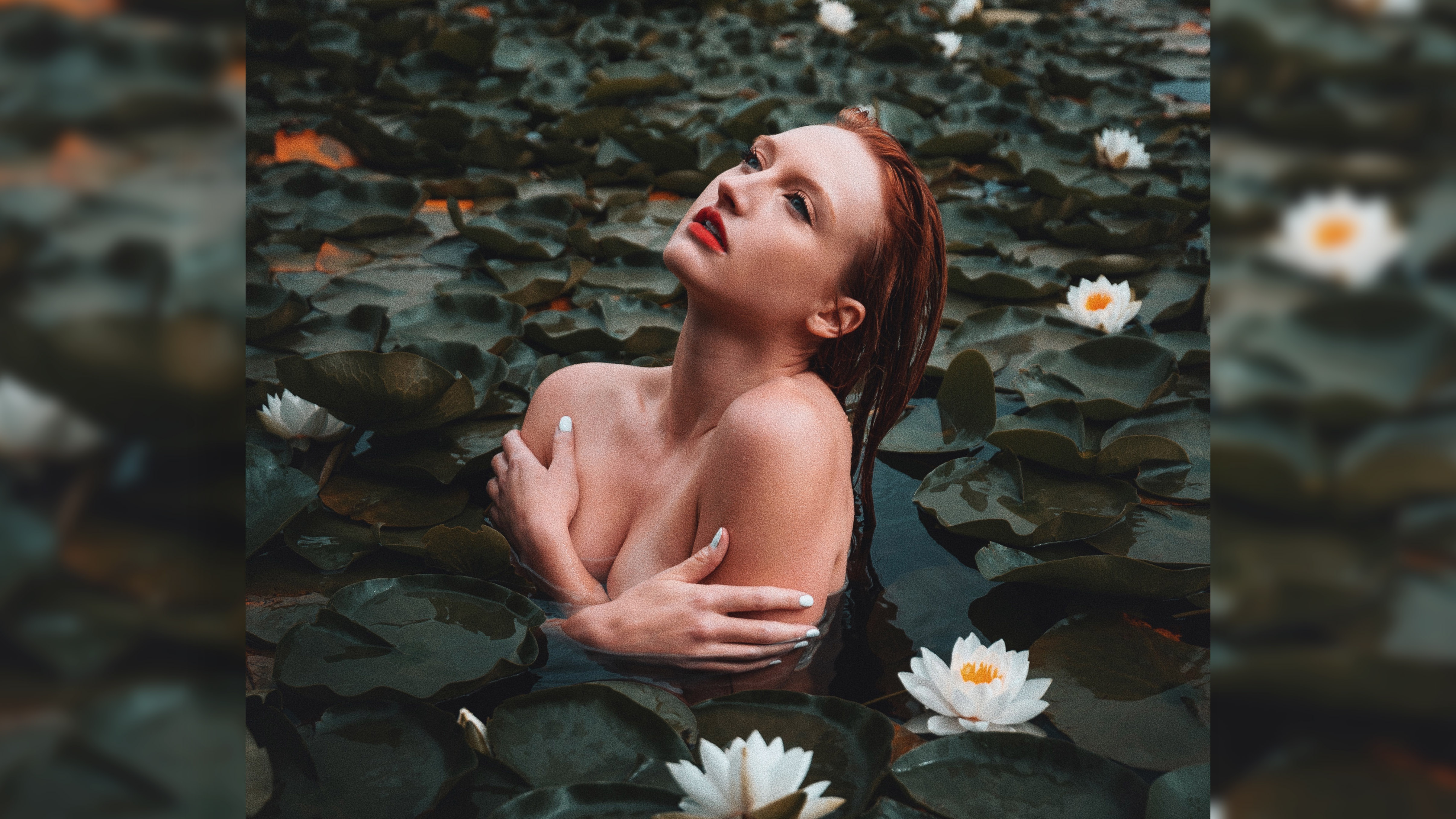
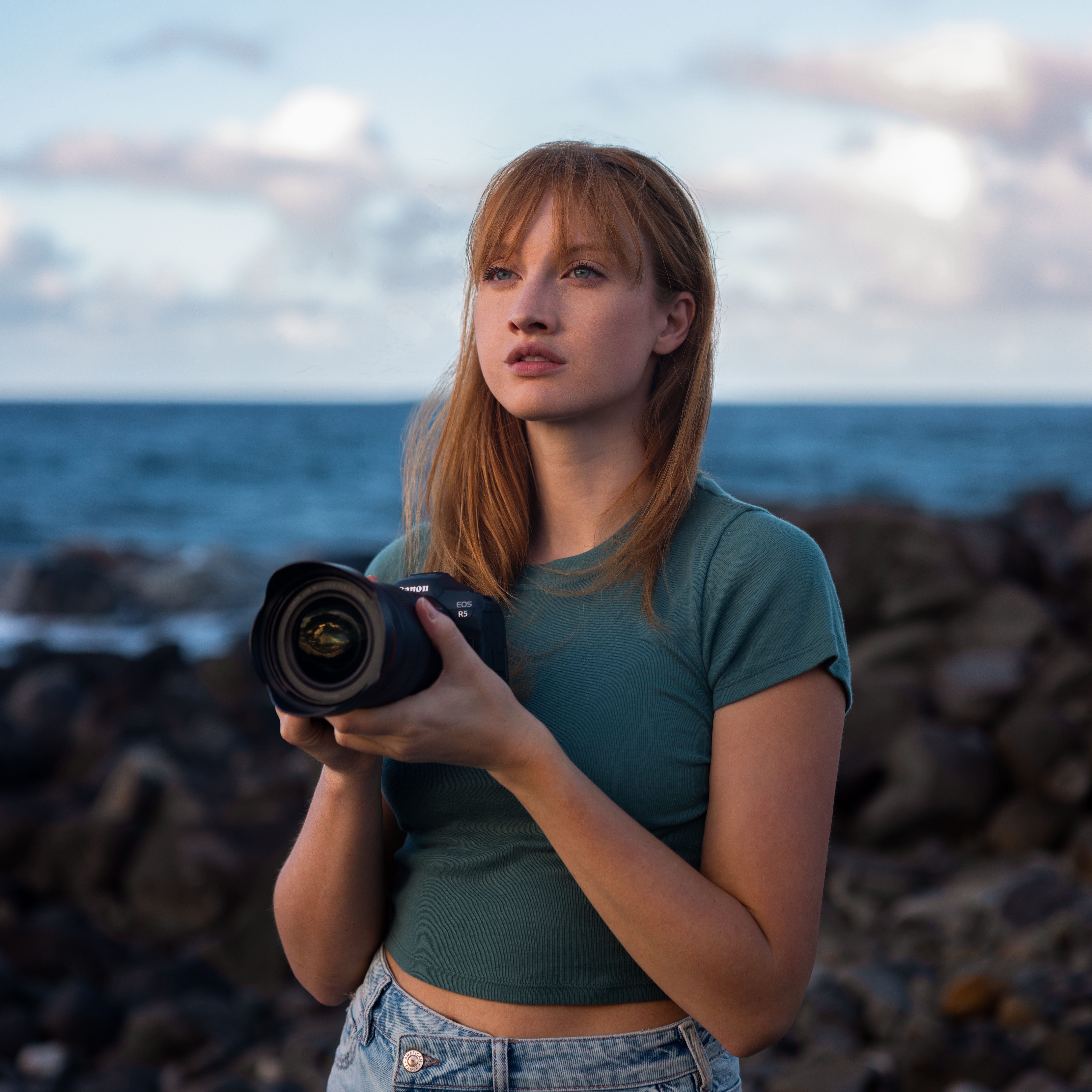
Kelsey quit her day job to pursue her dream of being a full-time professional photographer. Since then she's become a Canon Ambassador, travelled to 31 countries across six continents, grown an online audience to over 500,000 people, landed photography campaigns with Fortune 500 companies and had her work published at Art Basel and on a New York Times Billboard.
Could you run through your process for a typical self portrait shoot. What does the planning look like, how do you achieve focus on yourself when working alone, do you use a self-timer or remote shutter release etc. Do you ever hire an assistant to help out?
"For a straight forward self portrait shoot, it's actually pretty simple. I use a tripod, the interval timer and autofocus tracking so the focus can stay on me as I move around the frame. It usually takes a few tries to get it right using this method, but I like the ease of use without needing to rely on an external remote.
"For more complicated shoots (for example: when I was posing with two giant pythons on me) I hire a photo assistant or coerce a friend into assisting. Then I put together a moodboard, set up the composition and photo settings for them, and direct them on the photos I'm looking to achieve. For this method, it's really helpful to have my assistant stand in frame, then I take the photo of them I want for reference, and then they copy that image.
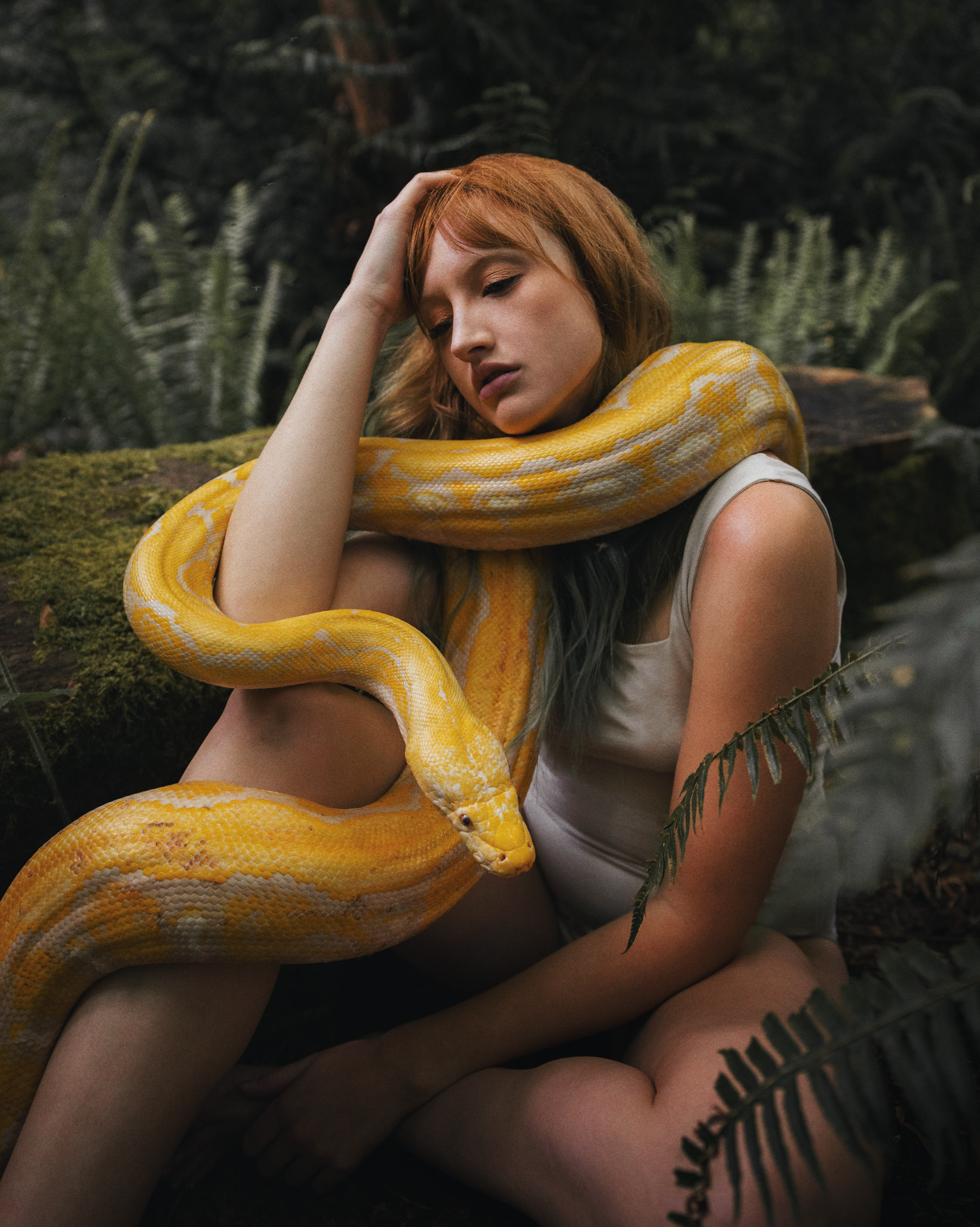
"I do all of my own pre and post production. That includes creative ideation, wardrobe and prop styling, moodboards and shot lists, location and venue scouting, and I usually do my own hair and make-up as well. And I use all of my own camera gear on every photoshoot. Then I select and edit every photo you see on my social media."
As a pro photographer, Canon Ambassador and content creator, you're also the person modelling in front of the lens too, and you have a huge following on social media – over 200k followers on Instagram. Is it easy to be labelled simply as an 'Instagram model' and is there a danger in doing so?
"I think it's easy for all creatives online to get stuck in a box, or defined by one label. People find their profile, take a 10-second glance at it, and then immediately decide who they must be. And the algorithms usually favor creators that stick to one tiny hyperniche. But the reality is that really all creatives, myself included, are multi-talented, complex human beings, but it's hard to have the agency online to be seen as such.
"Personally, the label or box that I find myself getting stuck in because I appear in the majority of my work on social media, is 'Instagram model'. It's really a personal branding challenge, trying to communicate all that I do – commercial photography, photo education, creative direction, social media marketing consulting, editing, and yes, modelling – on a platform where I usually only have 10 seconds of a person's attention. It's something I'm always striving to do better! As a creative, my goal is to never be stuck in a box and want my career to be able to evolve as I am as a person, but it's easier said than done.
Get the Digital Camera World Newsletter
The best camera deals, reviews, product advice, and unmissable photography news, direct to your inbox!
"The only danger is when labels start to feel like they are specifically targeting women. For example, in my experience in this industry, it's women who appear on camera and are talented multi-hyphenate creators that are dismissed with comments like "just another narcissistic Instagram model", "she's just using her body for likes" or "your boyfriend takes really good photos for you". Whereas I've not once seen a male creator who appears on camera receive those kinds of comments, and they are easily given the creative credit for their own work. I've never seen an assumptive statement like, "Wow, your girlfriend takes really good photos of you."...that would seem absurd! It's that double standard and internalized, usually completely unintentional, misogyny that I hope we can all be a little more aware of in this industry."
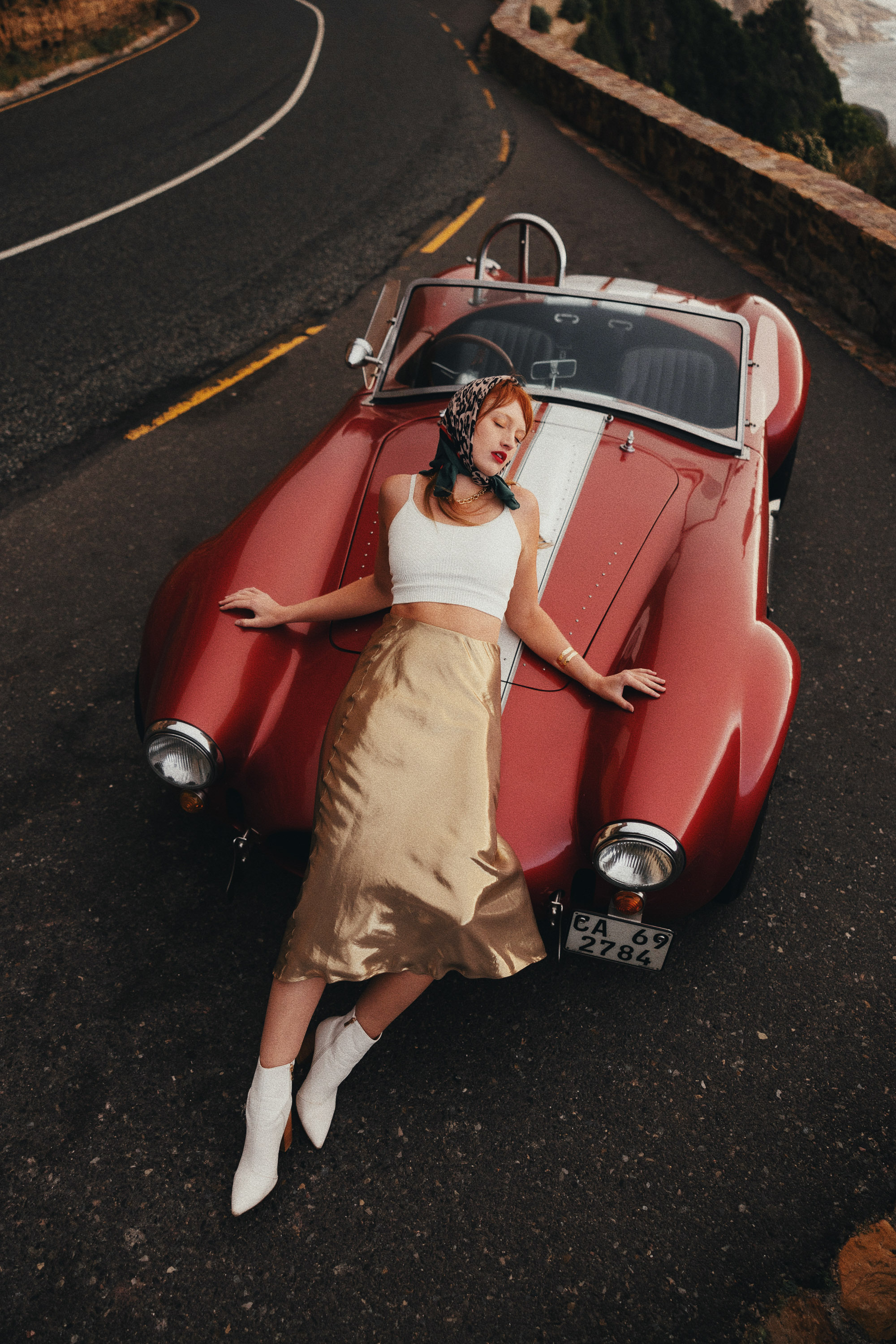
As a professional photographer, what separates you from a 'typical' Instagram model or influencer, is it the professional equipment you use and the creativity behind the compositions?
"Just to be clear, there is absolutely nothing wrong with being a "typical" Instagram model or influencer! Anyone that has the work ethic and guts to post themselves online consistently is an awesome creative in my book. And being a model is a skillset that's really difficult to master and takes a lot of vulnerability. As someone that was an agency signed model for five years, I really don't think models (whether on Instagram or not) get enough credit for that.
"That being said, I'm involved in so many different areas of this business, that being called an Instagram model feels like I'm being put in a box, and the term lacks education around the other skill sets I have. I'm a commercial photographer (I just don't share that work on Instagram), a creative director, an editor, a social media marketing consultant, and yes, a model too! You can see more of my commercial work on my website.
"Your typical model would most likely collaborate with photographers and post that work onto their social media. Whereas I handle every step of the process of my work, including pre-production concepts, wardrobe styling, location scouting, creating moodboards and shot lists, etc. For the work I appear in, I either photograph it myself with a tripod and self timer, or direct a photo assistant or friend. And I do all of my own photo editing. So a lot goes into my work beyond just modelling!"
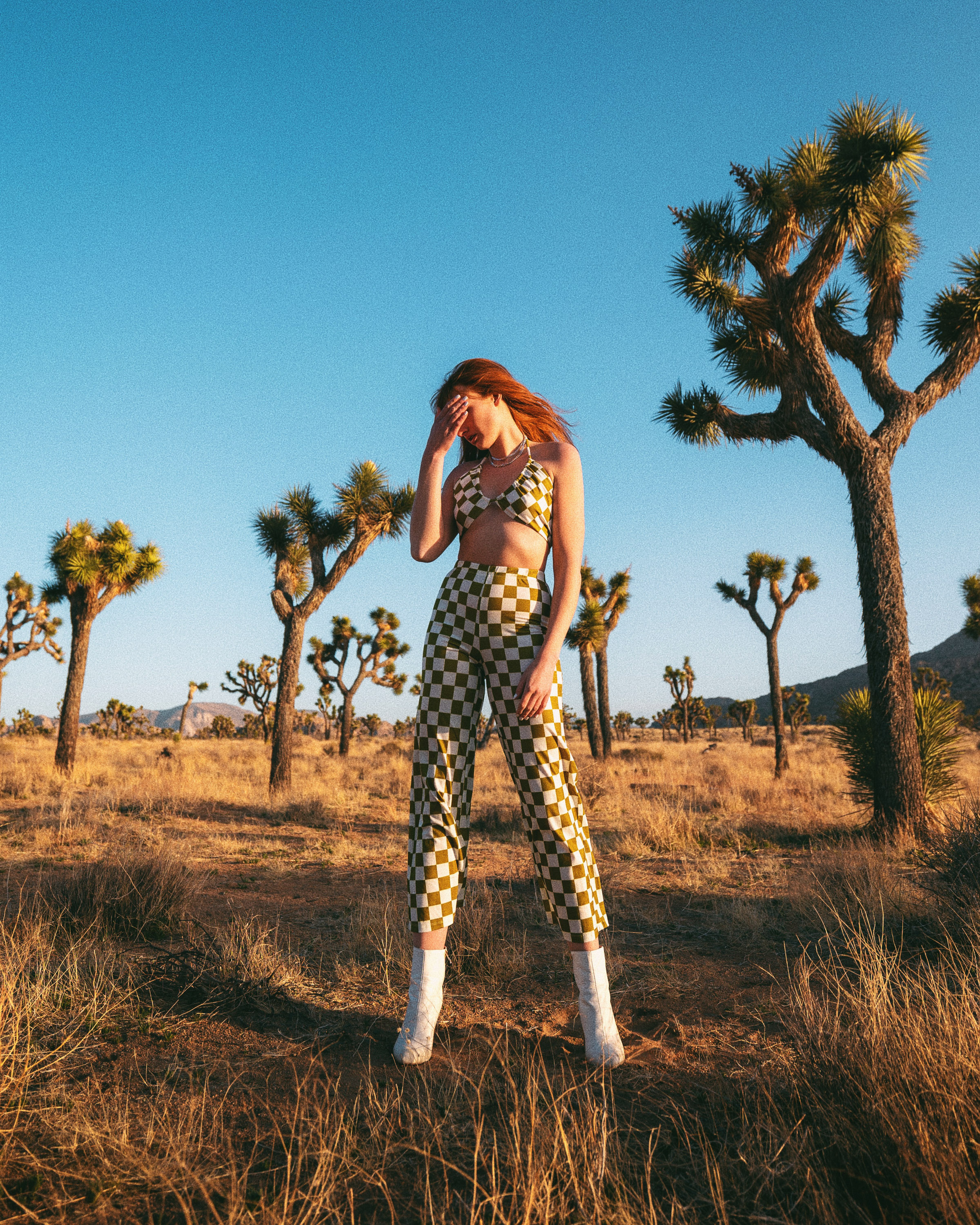
I suppose my idea of an "influencer" could be someone that uses their influence to try and push and sell products to their large following – is this something you try to distance yourself from?
"In today's world, I think most would agree there is a negative connotation associated with the term influencer. I've watched the industry shy away from using that word and rebrand to "content creator" instead because of this, but at the end of the day they are really the same thing.
"There's absolutely nothing wrong with either term, but it's a sticky area for me personally, because I also am a professional commercial photographer. My business is a bit different from the classic stereotype of an influencer who is 100% centered on promoting products to their audience, usually with content taken on a phone. Technically being an "influencer" does account for about 50% of my revenue, but my commercial photography, videography and licensing count for the other 50%, so that one term doesn't feel like it can encompass everything I do, so I rarely use it.
"And beyond brand deals, I also genuinely hope I can use my platform as a place to build and connect with a community of aspiring photographers and inspire and educate them on how to reach their dream creative aspirations!"
You've started documenting your 'behind the scenes' more on Instagram. Is this to dispel the online haters who comment on your pictures claiming that you're not the person behind the camera?
"I actually started making mini behind the scenes vlogs, because I wanted to share more of my personality on Instagram! I already make long form behind the scenes vlogs on YouTube, so thought it would be nice to try and bring that format over to my IG community too. That being said, I also think they are a great way to show the lengthy process it takes to get these photos, so hopefully they're a bit educational as well in that way!
"I really don't think it's possible to create content online where you will never get any unpleasant comments like the one you mentioned, especially as a female, so I don't make content with that in mind. My focus is to make educational, inspiring and entertaining content for my community who enjoys seeing it!"
Social media provides your audience with a direct connection to comment on your work – both positively and negatively. Do you think having a following on social media is essential to make it as a photographer in the modern age?
"I won't say having a following is essential as it's not really needed for the more traditional commercial photography route, but yes it is an absolute asset to your business for most photographers. You can think of social media as the top of your sales funnel. It's a great place to attract new customers - whether that be for working with brands, portrait studio bookings, selling prints of your landscapes, the possibilities are endless - without having to spend an arm and a leg on advertising.
What advice can you give to aspiring photographers for dealing with negative comments?
"Mindset is everything. For me, they're a great lesson in truly not caring what the general public thinks of you, and not leaning on that external validation. If I see a negative comment, I stop and remind myself that the only opinions I care about are of people that truly know me: my close friends, family, and sometimes photography peers. And therefore it reminds me to not worry about what a stranger on the internet has to say!
"I know it can be tempting, but never respond to negative comments. Half the time the writer doesn't even believe what they wrote themselves, they are just trying to get a reaction out of you. Don't give it to them. And if you can't help yourself and you do respond, make sure anything you say online you're comfortable with getting shared publicly, to anyone you know, and to your clients. Keep it professional to protect your business.
"And one last tip! When you get a really moving, meaningful, positive comment, screenshot it and save it on a folder in your phone. When you receive a negative comment that hurts, go back and look at the positive comments. It's a good reminder that your work matters!"
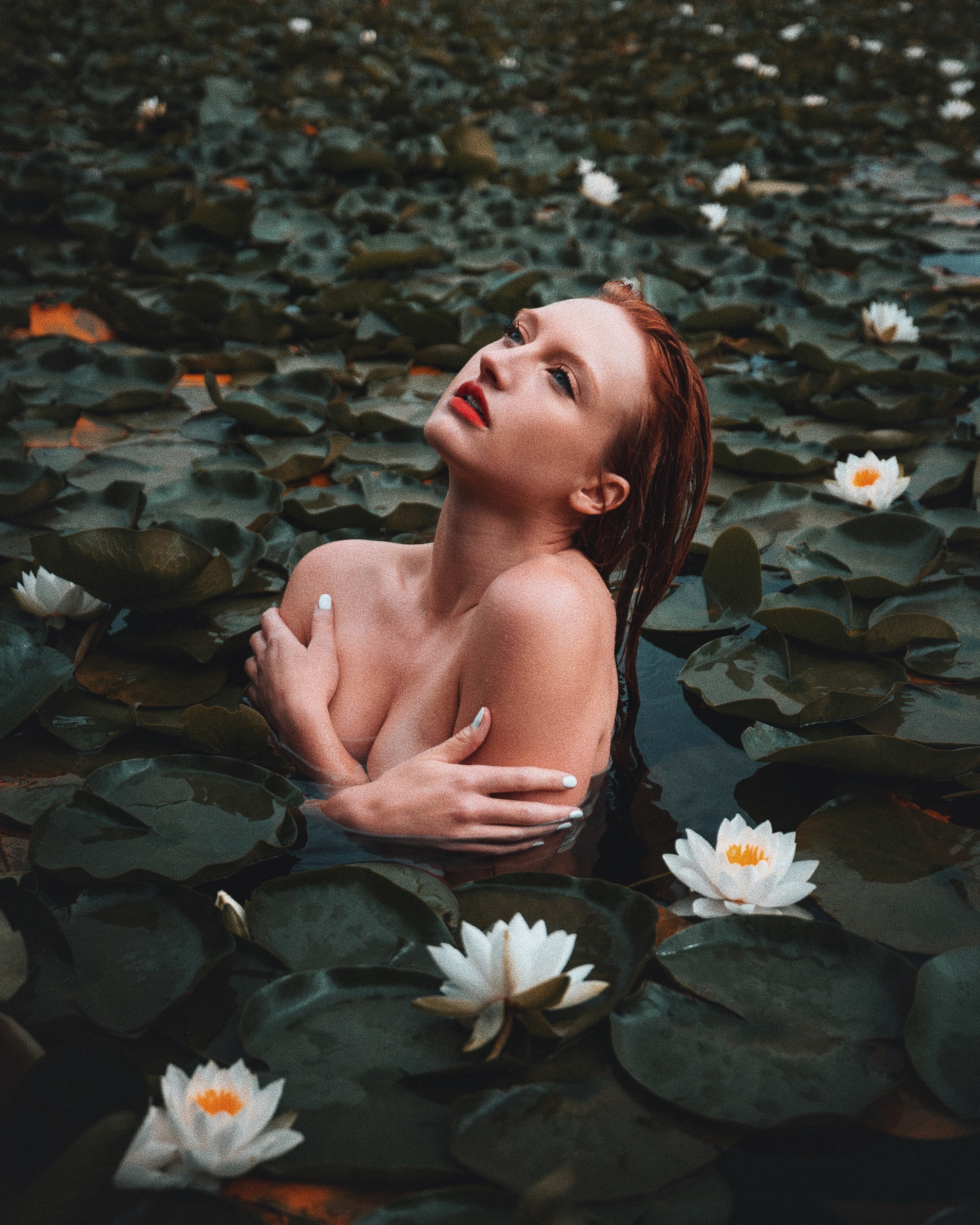
What have been your biggest challenges you've overcome in this male dominated industry and who have been the strong female photographers that inspired you?
"At times, I think it's being taken seriously for my hard work, not my appearance. For example, just the other day I was told again "If I was a pretty girl, I'd be famous online too". I don't think (mostly well meaning) men realize how invalidating a comment like that is, and it really stems from their own limited beliefs as to why they aren't as successful.
"I'm not sure if it's a challenge I can necessarily overcome entirely, but I know I want to show up for the audience, aspiring photographers, and clients that really do get what I do, regardless of the people who will never understand it. At this age, I can accept that my work isn't for everyone, and that's OK! I'll continue to show up for the young girls like I was who need more representation in the male dominated photography industry.
"When I was first starting out, I had a huge interest in fashion photography, so Annie Leibovitz was my idol. As I moved into travel and the outdoors, I became super impressed by Cristina Mittermeier whose travel and landscape work has a purpose for conservation. I always find myself creatively inspired by both photography styles, and am striving to find a way to combine the two in my own work now."
How does it feel knowing that you are a role model to many young women who might be inspired to follow in your footsteps?
"Oh my gosh, to be honest it doesn't really feel that way, at least not yet! Internally, I still feel like I'm just getting started in this industry. I've got a ton of work to do in terms of educational content and workshops in order to help bring up the next generation of young female photographers, and I'd love to start a charity someday getting cameras into the hands of underprivileged young women, since it's an expensive career path to start.
"But that being said, if I am a role model to young women out there now, then that's incredible. My entire purpose with all of this is to inspire people to go after their creative dreams and show them how to do it, so if I'm fulfilling that purpose in any way, then that's truly amazing."
PhotoPlus: The Canon Magazine is the world's only monthly newsstand title that's 100% devoted to Canon, so you can be sure the magazine is completely relevant to your system. Every issue comes with downloadable video tutorials too.
PhotoPlus: The Canon Magazine is the world’s only 100% Canon-focused title on the newsstand. Launched in 2007, for 14 years it has delivered news, reviews, buying guides, features, inspirational projects and tutorials on cameras, lenses, tripods, gimbals, filters, lighting and all manner of photography equipment.
Aimed squarely at enthusiast photographers who use the Canon DSLR or mirrorless camera systems, all content is tailored to Canon users – so everything from techniques to product tests are tailored to those using the EOS camera system.
Editor Peter Travers brings 14 years of experience as both a journalist and professional photographer, with Technique Editor Dan Mold shoring up the magazine with his 6 years of expertise.

